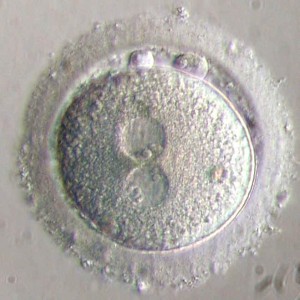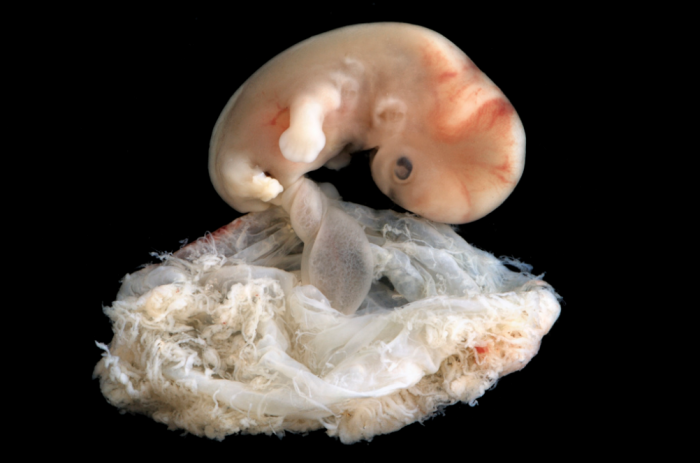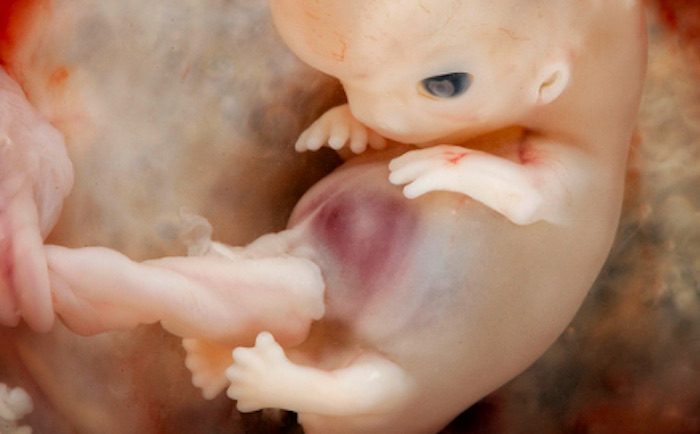Jesus is the reason we even know what love is. In laying down His life for us, He taught us everything we need to know about true love. Love is self-sacrificing, generous, unending, not a temporary feeling or attraction. Because of God’s love for the world, we know love is also undeserving and often unreciprocated. Kristi Walker Author
Greek Definitions of Love
The ancient Greeks had anywhere between four and eight different words for love (depending on the source):
– Storge: affection
– Philia or Phileo: friendship
– Eros: sexual, erotic
– Agape: unconditional, divine, selfless
– Ludus: flirtatious, playful, casual, uncommitted
– Pragma: committed, long-standing
– Philautia: self-love
– Mania: obsessive, possessive, addictive, dependent
Love is and always has been a complex concept. Is it an emotion, a state of being, a choice, an ability, a gift, a force, or all of the above?
English Definition of Love
The English word “love” has been used in reference to a “strong affection for another” since before the 12th century, according to the Merriam Webster dictionary. It has been said that the English language has only one word for love, but English also has other words implying love such as affection, friendship, attraction, etc. The word “love” though is a constantly evolving concept with ever-broadening definitions. Human love, therefore, cannot be simply defined, as it is being redefined all the time.
What Is Self-Love?
Love, today, instead of being merely a strong affection for another, issynonymous with acceptance, tolerance, celebration of diversity, open-mindedness, desire, and pleasure.
Another type of love we hear a lot about currently is “self-love” (philautia). This Psychology Today article defines self-love as “a state of appreciation for oneself that grows from actions that support our physical, psychological and spiritual growth.” Self-love can be a natural and healthy appreciation of self, but also has the potential to easily become excessive, narcissistic, and selfish!
What Does the Bible Say about Loving Yourself?
Scripture talks about loving yourself in two different ways:
1. As an Assumption
- “Love your neighbor as yourself”(Matthew 22:39; Mark 12:31).
- “The foreigner residing among you must be treated as your native-born. Love them as yourself, for you were foreigners…” (Leviticus 19:34).
We naturally love and care for ourselves. Notice that the Bible never directly tells us to love ourselves, because it’s unnecessary. (It tells us to love God and others.) We take care of our own needs. We do so to the extent of putting ourselves and our welfare, needs, desires, and ambitions first, before God and before others. It is for this reason that God’s Word says, “Do nothing out of selfish ambition or vain conceit. Rather, in humility value others above yourselves” (Philippians 2:3). The problem is not that we do not love ourselves, but that we love ourselves too much and others too little. Self-love can too easily morph from a natural state to a corruption of what is natural. The goal instead should be for natural love to be transformed into spiritual, or Christ-like love.
Most sins stem from love of self and a lack of love for God and others. Think about it: hate, greed, envy, murder, strife, gossip, slander, arrogance and pride all result from a love of self. When we love ourselves without regard for God or others, the result is sin. If God’s law is summed up by love for God and love for others (Matthew 22:37-40), then sin, defined in Scripture as “lawlessness,” is any thought, word, or deed void of (spiritual) love.
2. As a Corruption
“But mark this: There will be terrible times in the last days.People will be lovers of themselves, lovers of money, boastful, proud, abusive, disobedient to their parents, ungrateful, unholy, without love, unforgiving, slanderous, without self-control, brutal, not lovers of the good, treacherous, rash, conceited, lovers of pleasure rather than lovers of God— having a form of godliness but denying its power. Have nothing to do with such people” (2 Timothy 3:1-5).
Do you hear the problem? There will come a day (and that day is already here) when people will be lovers of themselves without love for others, lovers of pleasure rather than lovers of God. Self-love is natural, but it is not Christ-like or spiritual love.
What Does the Bible Say about Love? How Does God Love?
The Greek word for spiritual love is agape, which according to Dictionary.com, means:
- The love of God or Christ for humankind.
- The love of Christians for other persons, corresponding to the love of God for humankind.
- Unselfish love of one person for another without sexual implications; brotherly love.
1. Spiritual love is not self-love, but rather self-sacrificing love.
“This is how we know what love is: Jesus Christ laid down his life for us. And we ought to lay down our lives for our brothers and sisters. If anyone has material possessions and sees a brother or sister in need but has no pity on them, how can the love of God be in that person? Dear children, let us not love with words or speech but with actions and in truth” (1 John 3:16-18).
According to this passage, Jesus is the reason we even know what spiritual love is! In laying down His life for us, He taught us everything we need to know about true love.
2. Spiritual love is generous, not selfish or greedy.
“This is how God showed his love among us: He sent his one and only Son into the world that we might live through him. This is love: not that we loved God, but that he loved us and sent his Son as an atoning sacrifice for our sins” (1 John 4:9-10).
“For God so loved the world that he gave his one and only Son, that whoever believes in him shall not perish but have eternal life” (John 3:16).
3. Spiritual love is unending, not a temporary feeling, emotion, or attraction.
“For I am convinced that neither death nor life, neither angels nor demons, neither the present nor the future, nor any powers, neither height nor depth, nor anything else in all creation, will be able to separate us from the love of God that is in Christ Jesus our Lord” (Romans 8:38-39).
Nothing can separate us from God’s love! “Whoever does not love does not know God, because God is love”(1 John 4:8). God does not just love us or teach us how to love, He is love!
We, on the other hand, love who we want, when we want, how we want, if we want, and to the extent that we want, and then claim we love like God. Far from it.
4. Spiritual love is undeserving and often unreciprocated.
“You have heard that it was said, ‘Love your neighbor and hate your enemy.’But I tell you, love your enemies and pray for those who persecute you” (Matthew 5:43-44).
Herein lies the gospel (good news) of Jesus Christ: For God so loved His enemies (us), that He gave His only Son, Jesus, to die for our sins. Three days after He died, Jesus rose again, conquering death. Through his death, we are reconciled to God (no longer enemies, but friends!). Because of Him, we can be saved. Whoever believes in Jesus through faith will have everlasting life!
“For if, while we were God’s enemies, we were reconciled to him through the death of his Son, how much more, having been reconciled, shall we be saved through his life!” (Romans 5:10).
“Once you were alienated from God and were enemies in your minds because of your evil behavior. But now he has reconciled you by Christ’s physical body through death to present you holy in his sight, without blemish and free from accusation—if you continue in your faith, established and firm, and do not move from the hope held out in the gospel” (Colossians 1:21-23).
5. Spiritual love is lavish.
“See what great love the Father has lavished on us, that we should be called children of God” (1 John 3:1).
Once we were enemies of God, but because of God’s great love for us, demonstrated in the death and life of Jesus, we can be called His children! (Notice it is because of God’s great love for us, not our great love for Him.) A song by Sovereign Grace Music put it this way: “Once Your enemy, now seated at Your table, Jesus, thank You.”
God’s love is self-sacrificing, generous, extravagant, lavish, costly, limitless, boundless, measureless and unconditional. Why don’t we love like that?
What Is Love? God Is Love.
Humanity has always struggled to define love, and is constantly redefining it, but God’s definition is clear and will never change:
“Love is patient, love is kind. It does not envy, it does not boast, it is not proud. It does not dishonor others, it is not self-seeking, it is not easily angered, it keeps no record of wrongs. Love does not delight in evil but rejoices with the truth. It always protects, always trusts, always hopes, always perseveres.Love never fails” (1 Corinthians 13:4-8).
“God is love” (1 John 4:8).
Kristi Walker has been a missionary in Berlin, Germany for over 15 years working with an international church as the Director of Student Ministries. She is the author of two books, Disappointment: A Subtle Path Away from Christ and Convinced. Applying Biblical Principles to Life’s Choices.

















